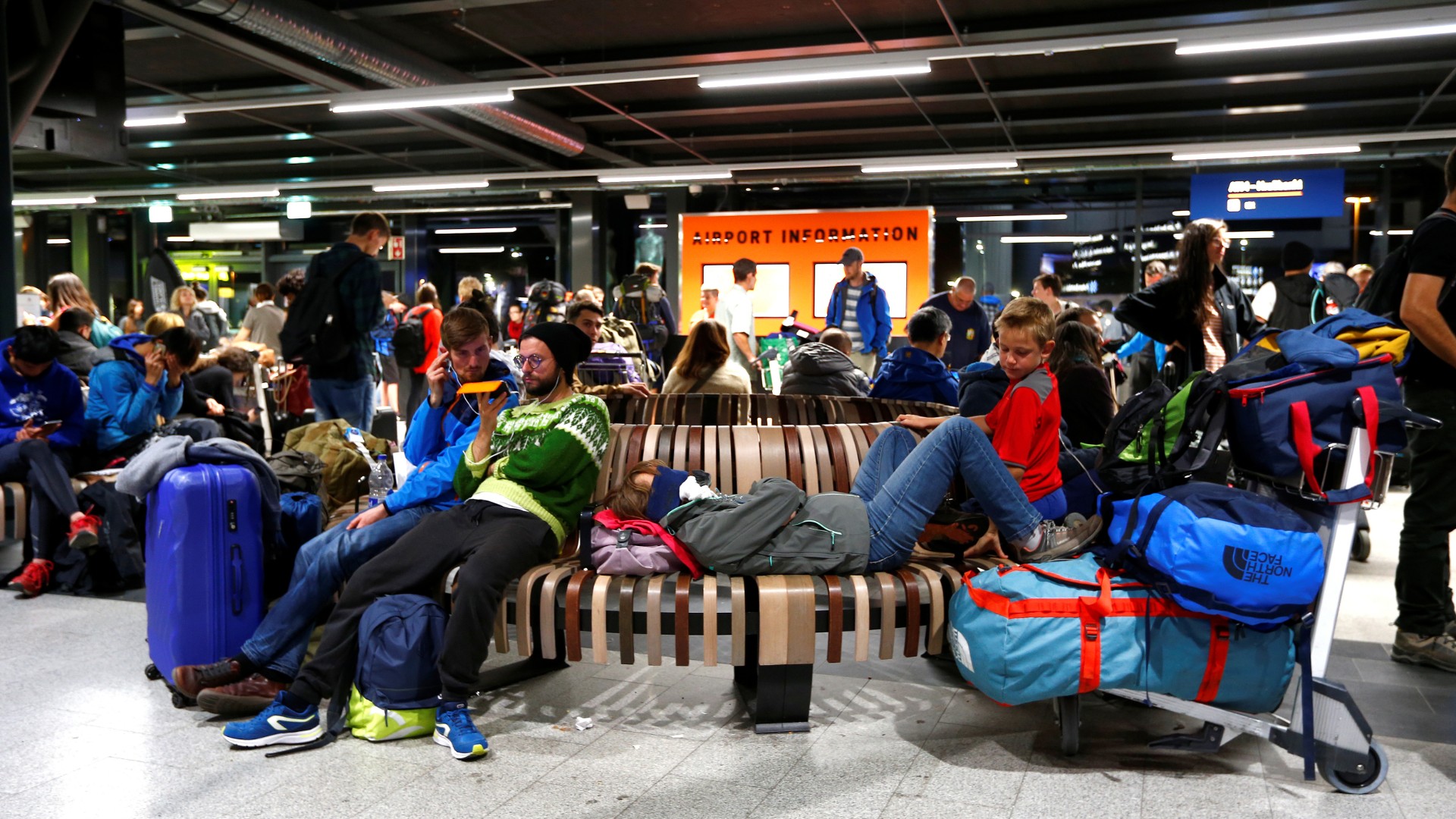Iceland lowers price of on-arrival COVID-19 testing

Starting Wednesday, travellers will have to pay for on-arrival COVID-19 tests. (Michaela Rehle/Reuters)
Iceland will begin charging for on-arrival COVID-19 testing on July 1, but is lowering the price from the previously announced 15,000 Icelandic kroner (approximately $150 CDN) saying the process has proven more cost effective than anticipated.
Starting Wednesday, travellers who choose the testing option instead of a two-week quarantine, will be charged 11,000 Icelandic kroner (approximately $110 CDN) on site, or 9,000 Icelandic Kroner (approximately $90) if they pay in advance.
Iceland began offering COVID-19 PCR tests on June 15 and they were free of charge.
The test involves taking swabs from the nose and throat.
Those who opt for the tests are free to visit Iceland while waiting for their results, but are expected to follow public health directives like maintaining physical distancing and frequent hand washing.
Children born in 2005 or later are exempt from the testing requirement.
Testing to be offered for several weeks
The government initiated the testing option as a way to help jump start tourism, one of the country’s main industries, by allowing travellers to avoid two-week quarantine periods.
The testing program is overseen by Iceland’s chief epidemiologist and relevant health agencies along with deCode Genetics, the company behind Iceland’s mass sceening program that offered tests to the general population during the pandemic.
The government says DeCode’s participation in the traveller testing program allows up to 2,000 samples to be screened per day.
Health authorities say the on-arrival testing option will still be offered for several weeks.
Write to Eilís Quinn at eilis.quinn(at)cbc.ca
Related stories from around the North:
Canada: Scrapped 2020 cruise season will cost communities in Nunavut, Canada almost $1 million, Eye On The Arctic
Finland: Finland joins other Nordic countries in virtual tourism due to pandemic, Yle News
Norway: Norwegian Arctic wilderness tourism hit particularly hard by coronavirus, The Independent Barents Observer
Russia: All Russia’s North Pole cruises rescheduled to 2021, Eye on the Arctic
Sweden: Sweden seen as major source of COVID-19 in Western Finland region, Yle News
United States: Airline shutdown creates new challenges for rural Alaska, The Associated Press



